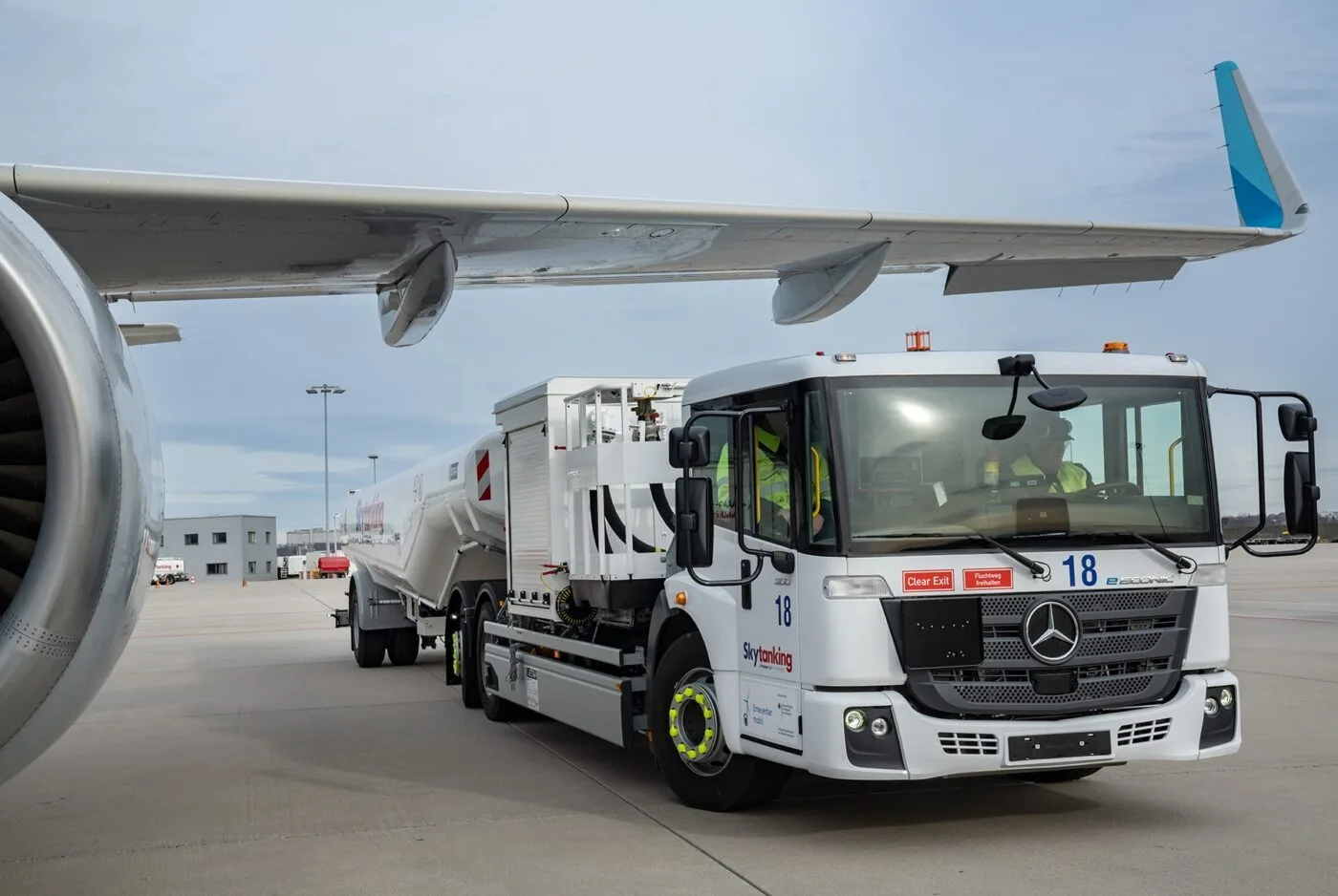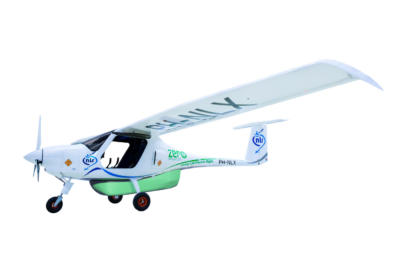British Airways to decarbonise ground vehicles and equipment at Heathrow
British Airways has announced it will be gradually replacing its ground vehicles at Heathrow, such as vans and cars, cargo transporters and passenger steps, moving towards hybrid or electric alternatives “where available”.
British Airways still operates 20 diesel-powered vehicles for loading and unloading cargo containers onto aircraft. All of these are now to be replaced with hybrid electric models. To transport customer’s luggage, British Airways will be introducing 135 electric baggage tugs, which the company says accounts for 40 per cent of its fleet of tugs. Passenger steps will all be replaced with electric alternatives.
Passenger buses used by British Airways at Heathrow Airport are also targeted by the company’s electrification program. All 38 diesel passenger buses currently in operation will be phased out over the next two years. Of these, 23 will be electric, (presumably fully electric, since these have been widely used and fully available for years), while the others will use HVO fuel. The company says a large charging park is now in the early stages of development at the airport.
The above-mentioned decarbonisation measures form part of British Airways’ £7 billion investment across “many aspects of its business” over the next three years. Although this sum was mentioned in the announcement, no mention was made of the aircraft themselves, it is not clear whether this amount is dedicated exclusively to the ground vehicles and equipment or additionally to measures addressing the decarbonisation of the company’s aircraft.
While the aircraft themselves are responsible for the vast majority of emissions at airports, British Airways has also moved ahead on that front. In February this year, International Airlines Group (IAG), the owner of British Airways, signed a 14-year supply agreement for supplying 260 million gallons (nearly a billion litres or 785,000 tons) of synthetic aviation fuel e-SAF made from CO2, water and renewable energy using power-to-liquid technology. Just how much emissions the company reduces with this depends on what percentage of e-SAF is mixed in with the jet fuel.
Since the life of aircraft is over decades and notably expensive, e-SAF represents an interim solution that can be used with existing planes, though this will still require a significant amount of conventional jet fuel as existing aircraft can only tolerate a minority mix of e-SAF. Aircraft dedicated to e-SAF must have engines specifically built for this purpose. Without emissions, flights of up to 2000 kilometres will be feasible with hydrogen fuel cell electric aircraft. For this purpose, British Airways has invested in Zero Avia and expects to put the first zero-emission aircraft into short-haul flights by 2030.





0 Comments